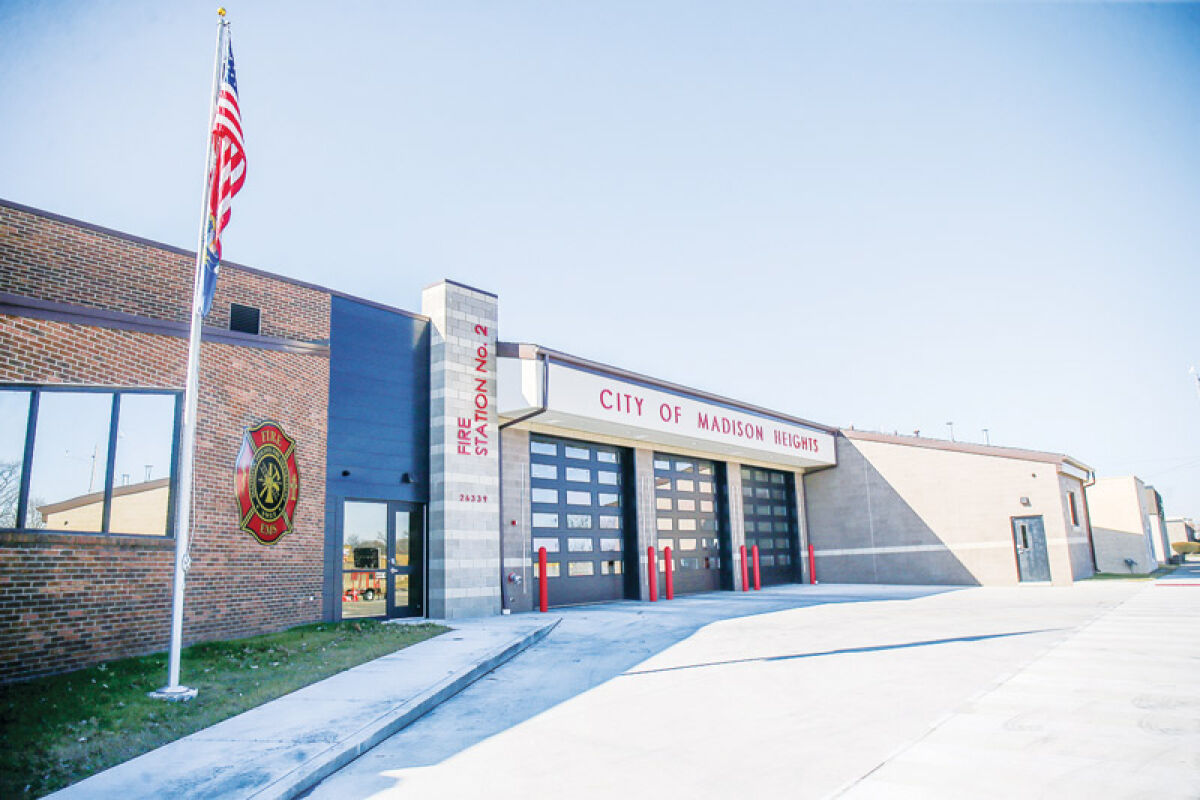MADISON HEIGHTS/HAZEL PARK — The Madison Heights City Council has approved a resolution urging the state of Michigan to enroll in a federal program that reimburses cities for medical transport services for Medicaid recipients.
The Ground Emergency Medical Transportation program is administered by the Centers for Medicare & Medicaid Services. GEMT works with state agencies to fund eligible health care companies that provide transport for emergency medical services.
Michigan is not currently enrolled in the program, despite being home to the nation’s eighth highest number of Medicaid enrollees. According to the U.S. Census, in 2020, 13.8% of Madison Heights residents were Medicaid recipients. Without GEMT, the city is not fully reimbursed when medical transport is provided for them through the Madison Heights Fire Department.
Since last winter, the city of Madison Heights has been working with Sterling Heights, the Michigan Municipal League and the Michigan Association of Fire Chiefs to advance legislation in Lansing requiring the Michigan Department of Health and Human Services to participate in GEMT.
The resolution, unanimously adopted by council Jan. 22, also notes that the emergency services sector has struggled with workforce retention and recruitment in the wake of the pandemic, and that GEMT would be a boon to Michigan public agencies, including cities like Madison Heights, by covering medical transport costs and freeing up funds for retaining and hiring employees. In the city of Madison Heights, GEMT would bring in more than $400,000 in federal funding each year.
“I think issues like these go beyond simply being a financial decision,” said Madison Heights Mayor Pro Tem Mark Bliss. “I think the state can benefit from a moral choice here, where covering these costs is for the greater good. At some point, somebody is left holding the bag, and if it’s not handled at higher levels of government, which have more resources, then the lower you get on the governmental food chain, the more of a direct impact it has on the lives of residents, and on the cities who maintain the roads, send responders and keep people safe. For the federal government, this is such a small piece of money — a fraction of a percent of their budget — but for us at the city, it becomes something significant.”
He noted how the push for the state to join GEMT is similar in spirit to an effort by the late Madison Heights City Councilman Robert Corbett, who in 2017 successfully led the charge to remove any extra after-insurance costs billed to residents following an ambulance run.
Ed Klobucher, the city manager of Hazel Park, also expressed enthusiasm for GEMT.
“Hazel Park stands with Madison Heights, and many other Michigan communities, on the important issue of GEMT reimbursement,” Klobucher said. “The state of Michigan needs to act immediately so our cities can obtain these reimbursements. I credit (Madison Heights City Manager) Melissa Marsh for her efforts on the issue.”
Marsh, for her part, noted that calls for service continue to increase. In 2019, pre-COVID, there were nearly 4,600 medical runs. In 2023, that number swelled to more than 5,300. During the same period, the cost of vehicles and equipment also skyrocketed, increasing about 35%, she said.
Roslyn Grafstein, the mayor of Madison Heights, said GEMT is a logical opportunity.
“Madison Heights is losing hundreds of thousands of dollars each year because we are not being fully reimbursed by Medicaid to cover the cost of medical transportation,” she said via email. “Implementing GEMT and shifting the responsibility of medical transport reimbursement to the federal government means we would be reimbursed this money, so it can then be put towards other safety initiatives.”
This could include further investments in the city’s first responders.
“Prompt medical attention in an emergency is critical,” Grafstein said. “It can literally mean the difference between life and death.”
 Publication select ▼
Publication select ▼



























